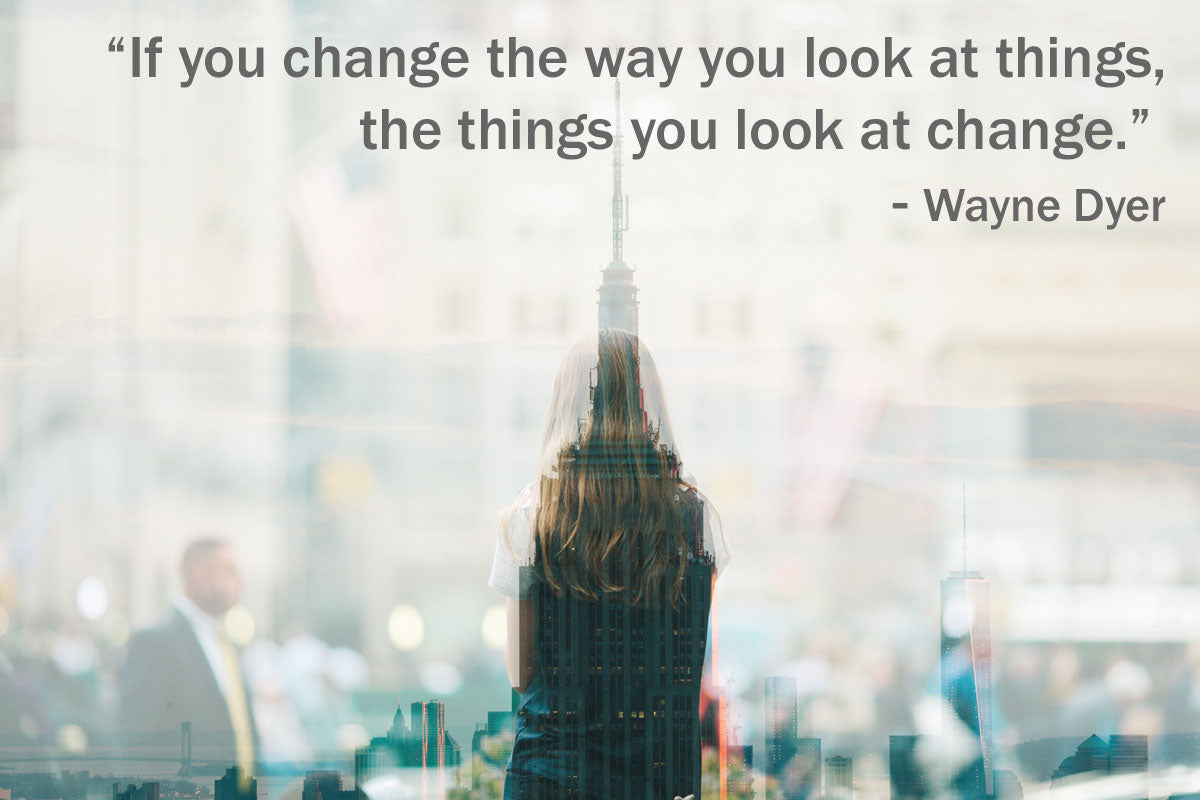Are you feeling not good enough? Let's uncover the catalyst.

Consider the feeling you have, or have had, of feeling not good enough. Are you conscious of it?
It's a feeling that manifests in a whole host of different ways and unquestionably limits you in your daily life. Perhaps you fear what your neighbours think, you're terrified of public speaking, you feel unworthy of true love/a stable income/building a successful business. Quite possibly you are trying to keep those around you happy, always pleasing others before yourself. Perhaps you feel like a fraud, like a bad mother or a hopeless husband. Most likely you have a sense that nothing is ever enough, that you could have worked harder, lost more weight, run faster and harder.
There's a harsh critic residing in an overwhelming majority of us. Have you ever stopped to question where this internal dialogue comes from and why?
From my readings and certainly experience working with many hundreds of clients in my therapy practise, I've come to understand that such issues typically stem from childhood, often before we are 6 or 7 years of age.
They stem from what can often be a single point in time, a catalyst if you like, that put in place a program that has created this recurring pattern of feeling not good enough.
For many it's either in the classroom or playground, or at home with significant others.
So here's what I understand to be true. As a child we crave love and attention, it's our number one goal. We are little sponges, soaking up life through inexperienced eyes, having little if any understanding of why humans behave like they do. We are most comfortable of course in situations of harmony and joy, where there is love shared freely amongst those close to us. We come to learn that if our parents come home from work seemingly happy, that they will be more loving and want to spend more time with us. If we see them laughing together, indeed openly loving each other, we know that we ourselves will likely get more of the love we crave.
So imagine you're 5 years of age sitting in your bedroom, alone. You can hear your parents yelling at each other in the kitchen and it's happening more and more frequently. You're feeling isolated and scared. It is not your responsibility to fix this yet at 5 years of age, you believe it to be. You know that if they stop arguing and openly love each other that there will be more love for you. You respond by trying to be a better kid, by trying to please your parents, to make them happy. You clean the house, try and do well at school, you're nice to your sibling. But it doesn't work, they continue to fight and you begin to question yourself. The messages become frequent "I'm not loveable", "it must be my fault", "I'm not good enough".
Regardless of the fact we grow and begin to understand and rationalise dysfunction about us, the program was at some point created and internalised.
Many clients I see feel guilty for carrying many of their issues around. They walk into my practise apologising because relatively speaking they had a happy childhood with lots of friends and loving and supportive parents. Yet irrespective of the size of the incident that created this pattern of behaviour, these patterns can manifest in highly destructive ways. This I see amidst the clients that come, clients with the courage and readiness to face their limitations, and to take responsibility for making significant changes to their lives.
In my experience, undoing such patterns is not simply a matter of telling ourselves we are enough, of reading mantras or of displaying more love and compassion towards ourselves (though there's no doubt these tools and behaviours can assist greatly in bringing about more positivity in our lives). It is also not a matter of seeking revenge or displaying anger and frustration towards those we believe to be responsible.
It is a matter of understanding that there was a point in time that created this issue and then having both the courage to release it and the discipline to move forward with a renewed mindset.
Many people may harbour a niggling feeling of not being good enough yet may be able to manage this with their own set of tools and resources, certainly to the extent that it does not impact their lives dramatically. However irrespective of the severity of the impact, if you're ready to let it all go, indeed if you're ready to truly find and live your greatness, know that this is more than possible.
As a CTC therapist, I am trained to find the very root cause (of which my clients are often oblivious), to go back to the point in time where the limiting belief was created and to heal that little boy or girl. My number one goal is to set you free from the program that created the patterns you went on to foster. All you need is the willingness, the readiness and the discipline to make changes to the way you think.
The solution is far simpler than we as humans have been conditioned to believe.
You are an awful lot more amazing than perhaps you've come to understand.
How do you feel about this? Can you pinpoint a time in your childhood that created a pattern for you? Perhaps you've put in place some tools that have helped you manage these feelings. Whatever the case I'd love to hear from you.



















































